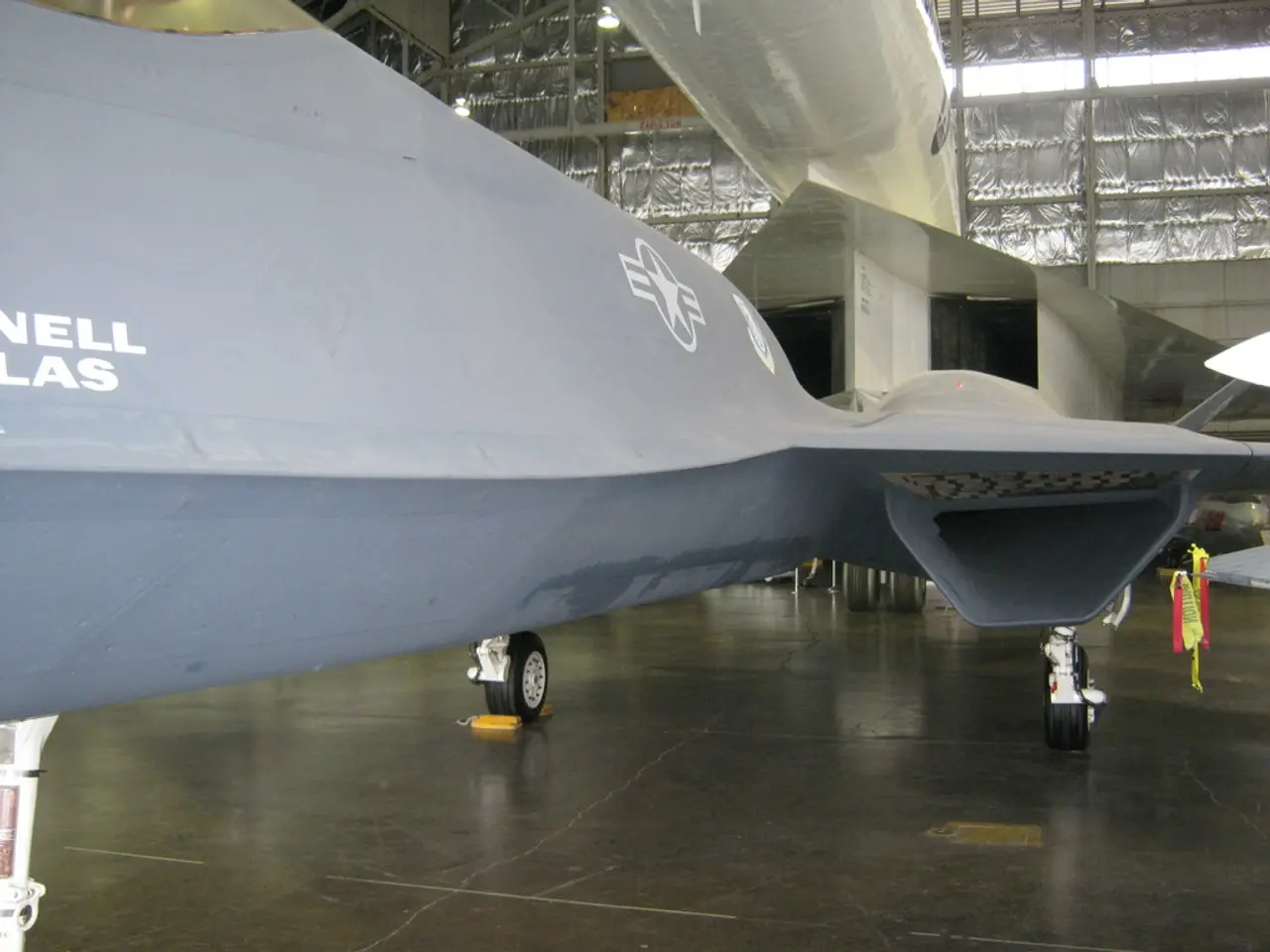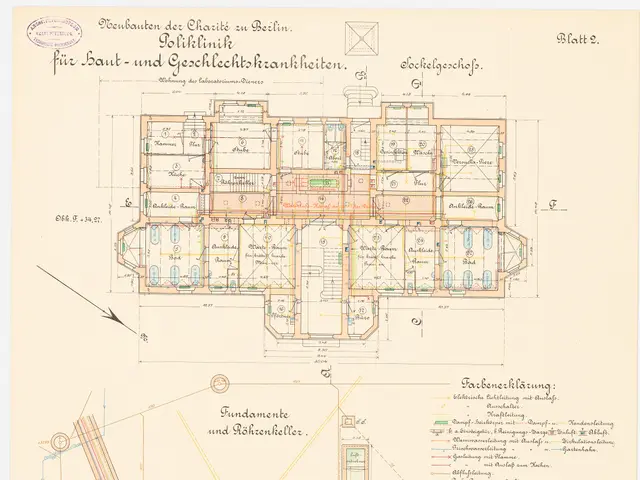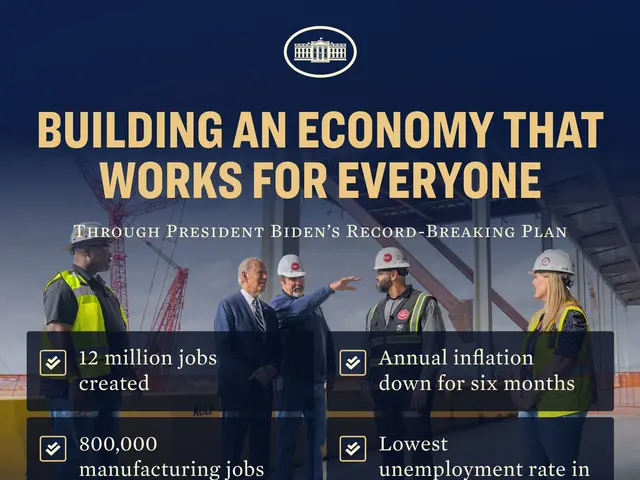Global Pilot Union Protests Against India's Proposal for International Code of Conduct Regarding Pilot Recruitment Practices
In a recent development, the Indian government has proposed a global Code of Conduct on the movement of skilled aviation workers through the International Civil Aviation Organisation (ICAO). The aim is to regulate the cross-border hiring practices of aviation professionals, such as pilots, engineers, maintenance staff, and cabin crew, to prevent the large-scale poaching of trained Indian aviation personnel by foreign airlines [1][3][4].
The proposal comes as a response to concerns about foreign carriers recruiting Indian pilots and staff with inadequate notice periods, leading to excessive resources being spent on recruiting and training replacements [1][3][4]. However, the Airline Pilots' Association of India (ALPA) has raised significant concerns about the proposal, arguing that it infringes on the fundamental rights of aviation professionals to seek employment freely overseas [2].
ALPA contends that imposing long notice periods on pilots before they can move to other employers effectively binds pilots into extended notice obligations, which they describe as a form of bonded labor [2]. They highlight that India's mandated notice periods for pilots—six months for first officers and one year for captains—are among the longest internationally, citing that major global airlines often require substantially shorter periods [2].
ALPA India, which represents about 1,100 pilots in India, attributes the drain of aviation talent to factors such as poor working conditions, a lack of job security, limited career growth opportunities, and an absence of standardized pay structures at airlines [2]. The association warns that such restrictions would not only hinder individual career growth but also impede the growth of India's fast-growing aviation market, which is considered crucial to supporting Prime Minister Narendra Modi's aviation goals [5].
The matter is currently under discussion at ICAO following India's working paper submission in early August 2025. The details of how this code of conduct would operate were not specified in the working paper Reuters cited. The head of ALPA India, Sam Thomas, stated that the working paper misdiagnosed the outflow of aviation talent [6].
It's important to note that these rules are currently being challenged by pilot bodies in court [7]. The office of India's civil aviation minister, Ram Mohan Naidu, was not immediately available for a comment regarding the request to withdraw the working paper [8].
Sources:
- Reuters: India raises concerns with ICAO over poaching of pilots, cabin crew
- ALPA India: ALPA India raises concerns on the movement of skilled aviation workers
- ANI: India raises concerns with ICAO over poaching of pilots, cabin crew
- The Hindu: India raises concerns about poaching of pilots and cabin crew
- The Economic Times: India's aviation market crucial to Modi's aviation goals
- Live Mint: ALPA India slams ICAO's working paper on movement of skilled aviation workers
- Business Standard: Indian pilot bodies challenge rules on notice period
- The Indian Express: No comment from civil aviation minister on ALPA India's concerns
- The proposal by the Indian government for a global Code of Conduct in the aerospace industry may pose a risk to the career growth and job security of Indian aviation professionals by potentially imposing long notice periods.
- In the finance sector, the debate surrounding the movement of skilled aviation workers through ICAO has highlighted the need for regulation to prevent large-scale poaching, but it has also raised concerns about the infringement of fundamental rights to seek global employment freely.
- The growth of the Indian aviation market relies heavily on the availability of skilled personnel, and the proposed Code of Conduct, if implemented, could impede this industry's business expansion and international competitiveness, as suggested by ALPA India.








